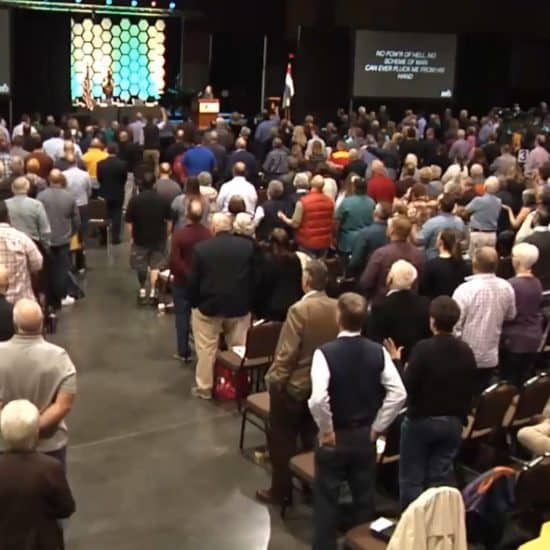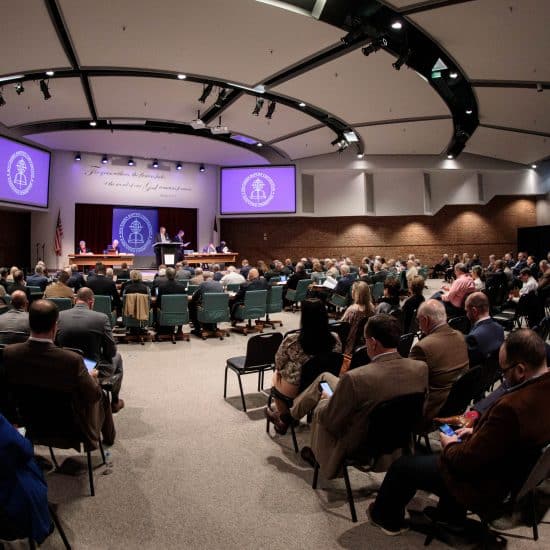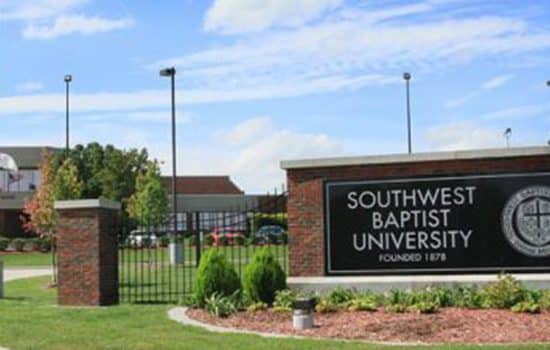Phil Roberts, the fourth president of Midwestern Baptist Theological Seminary in Kansas City, on Feb. 10 unceremoniously resigned the post he had held for 11 years. In retrospect, rank-and-file Southern Baptists ought to be asking what took the seminary trustees so long to deal with long-standing issues associated with Roberts' leadership.

Bill Webb
|
Apparently, the cumulative effect of 11 years of firing staff members with whom he disagreed or who raised questions about his actions, a pattern of micromanagement and repeated questions about his handling and use of seminary finances was the end of his presidency.
Before the trustee executive committee — made up of board officers and standing committee chairs — called for the special meeting at 10 a.m. on Feb. 10, they took the unusual step of commissioning a forensic audit that they said uncovered serious financial irregularities. They called the meeting to discuss Roberts' performance as seminary president, and they planned to share a summary of the special audit with the full board.
Supporters of Roberts called for their own special meeting of the board to precede the one called by the executive committee. It was scheduled for 8 a.m. with a single agenda item: to call for a no-confidence vote in the executive committee and remove the officers in an effort to save Roberts' job and keep charges and evidence against him from being released to the full board.
The effort to remove the officers failed. Once it did, Roberts' future was apparently sealed. He tendered his resignation and in so doing eliminated the need for the meeting at which he was to be confronted about the alleged financial irregularities, staff morale and any other matters related to his job performance.
Once the president resigned, tensions between board members appeared to dissipate. Trustees kept meeting to select an acting president and presumably to discuss a severance for Roberts, whose retsignation will become effective on Feb. 29. Associate Professor of Missions Robin Hadaway agreed in that meeting to serve as acting president.
The called meeting was the third attempt to unseat Roberts during his tenure. Essentially the same concerns about him were shared each time.
Some have speculated that trustees were extremely reluctant to terminate a second consecutive president. In 1999, Midwestern's trustees fired Roberts' immediate predecessor, Mark Coppenger. Coppenger and Roberts were the first presidents of the seminary following the so-called conservative resurgence in the Southern Baptist Convention.
The reluctance of trustees to hold the president accountable and the actions of some trustees to actively protect Roberts from such scrutiny, even in the Feb. 10 pre-meeting, suggest the board was lax in its primary responsibility. After all, board members are entrusted with the well-being and integrity of the institution they are elected to serve.
While one responsibility of a seminary governing board is to hire a president or CEO, the ultimate responsibility for the institution itself also rests with that board.
Some trustees have charged that the outgoing president is guilty of shuffling money between seminary accounts and misusing designated funds in order to mislead not only trustees, but auditors and SBC officials about the seminary's true financial status.
If trustees have been aware of such concerns for several years — and some have — the board has placed itself in a precarious position. The same is true if the seminary president has treated staff shabbily and created a climate of low morale. Indeed, trustees have acknowledged an awareness of ongoing staff complaints against Roberts.
If charges that government Pell grants were used improperly under Roberts' watch are true, trustees may find themselves facing U.S. Department of Education scrutiny as well.
If what some trustees are charging has merit, seminary accreditation may become an issue. It will not help that some leadership issues were not corrected in a timely fashion.
Getting rid of the president will not solve all of Midwestern's problems. It appears the board has a lot of cleaning up to do after Roberts, but trustees also have some catching up to do in governing the training ministry entrusted to them.
No one except the trustees and perhaps a few staff members knows all that transpired in the long executive session on Feb. 10, but we hope the trustees did a bit of soul searching. They have the opportunity to become more fully engaged as a board. They owe it to Southern Baptists and everyone associated with Midwestern to do the hard work of setting things straight and ensuring an environment in which people are valued and respected.
Bill Webb is editor of Word&Way.



